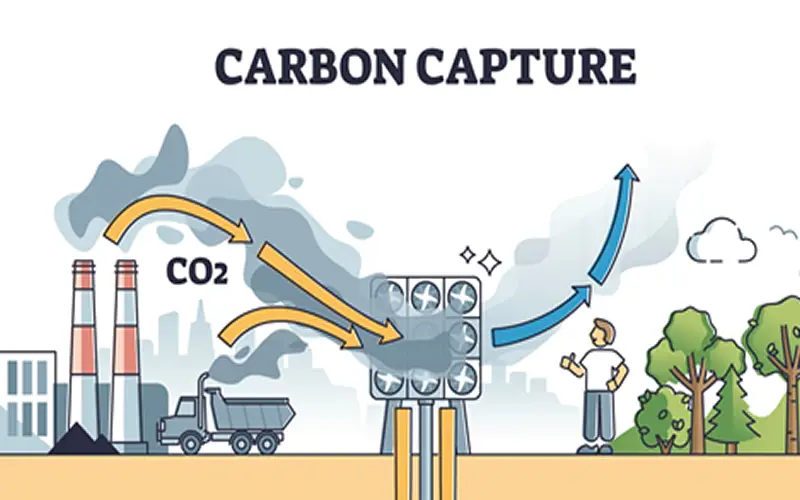Italian energy major Eni and infrastructure operator Snam have embarked on a groundbreaking collaboration to reinforce Italy’s dedication to sustainable energy practices. This joint initiative signifies the commencement of Italy’s inaugural carbon capture and storage (CCS) endeavor, named the Ravenna CCS Project. The formalization of this partnership occurred on December 19, 2022, as Eni CEO Claudio Descalzi and Snam CEO Stefano Venier inked an agreement, establishing an equal joint venture overseeing the initial phase of this pivotal project.
Unveiled in Ravenna on October 25, the Ravenna CCS Hub project underscores Italy’s determination to curtail emissions and promote environmental sustainability within its industrial domain. The launch event also marked the debut of the project’s dedicated website, accentuating its strategic importance and the collective commitment of Eni and Snam to sustainable energy solutions.
Also read: Kyon Energy Receives Approval for 58 MW Battery Storage Project
The primary aim of the Ravenna CCS Hub project is to address emissions from intricate industrial sectors, giving precedence to decarbonization to bolster competitiveness and stimulate economic growth. The initial phase zeroes in on capturing roughly 25,000 tons of CO2 emanating from Eni’s natural gas treatment facility in Casalborsetti. The captured carbon dioxide will be conveyed through pipelines to the Porto Corsini Mare Ovest platform, where it will be introduced into a depleted gas field offshore Ravenna. This innovative method not only mitigates the adverse effects of CO2 emissions but also harnesses depleted natural resources to further champion environmental sustainability.
The economic ramifications of the Ravenna CCS Project are projected to be considerable, with over 500 new job opportunities expected during the project’s commencement. Set to initiate operations in 2026, the project is poised to make a substantial contribution to Italy’s ongoing endeavors to craft a more sustainable and environmentally conscious energy landscape. Immediate benefits encompass the reduction of up to 90% of industrial CO2 emissions in the Ravenna district, positioning the project as a cornerstone in Italy’s progression towards a more eco-friendly and economically competitive future.

